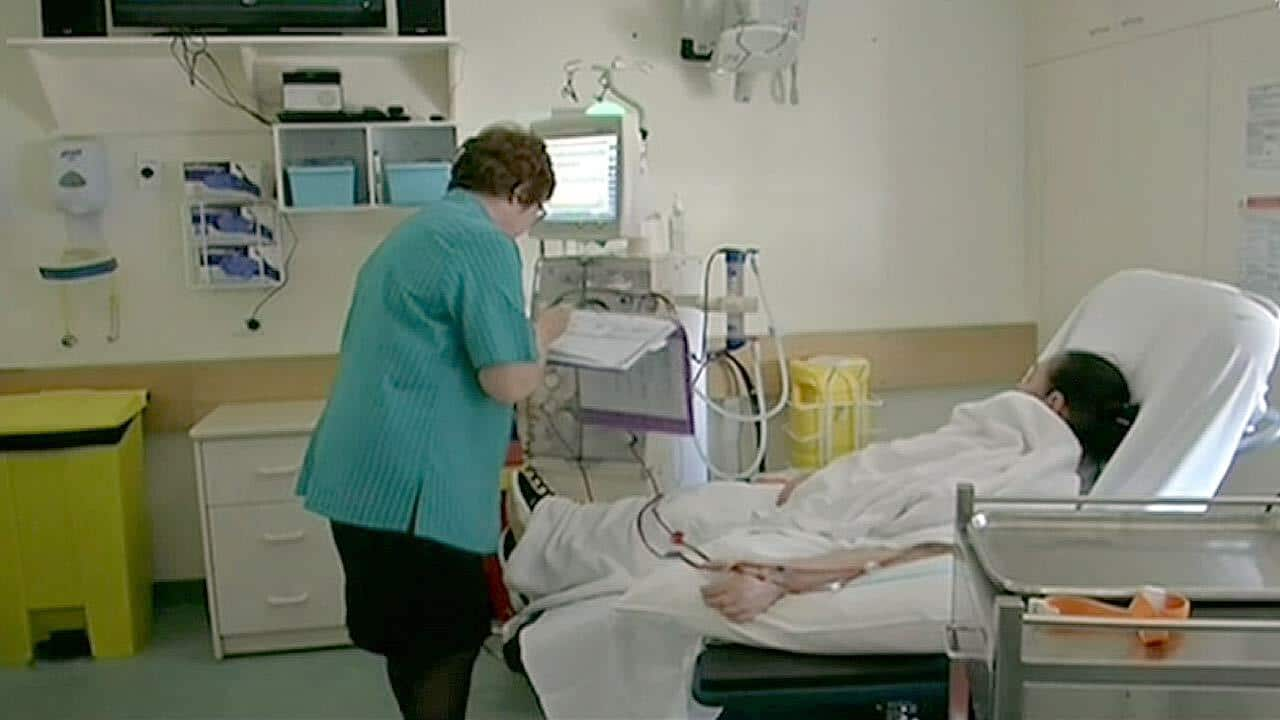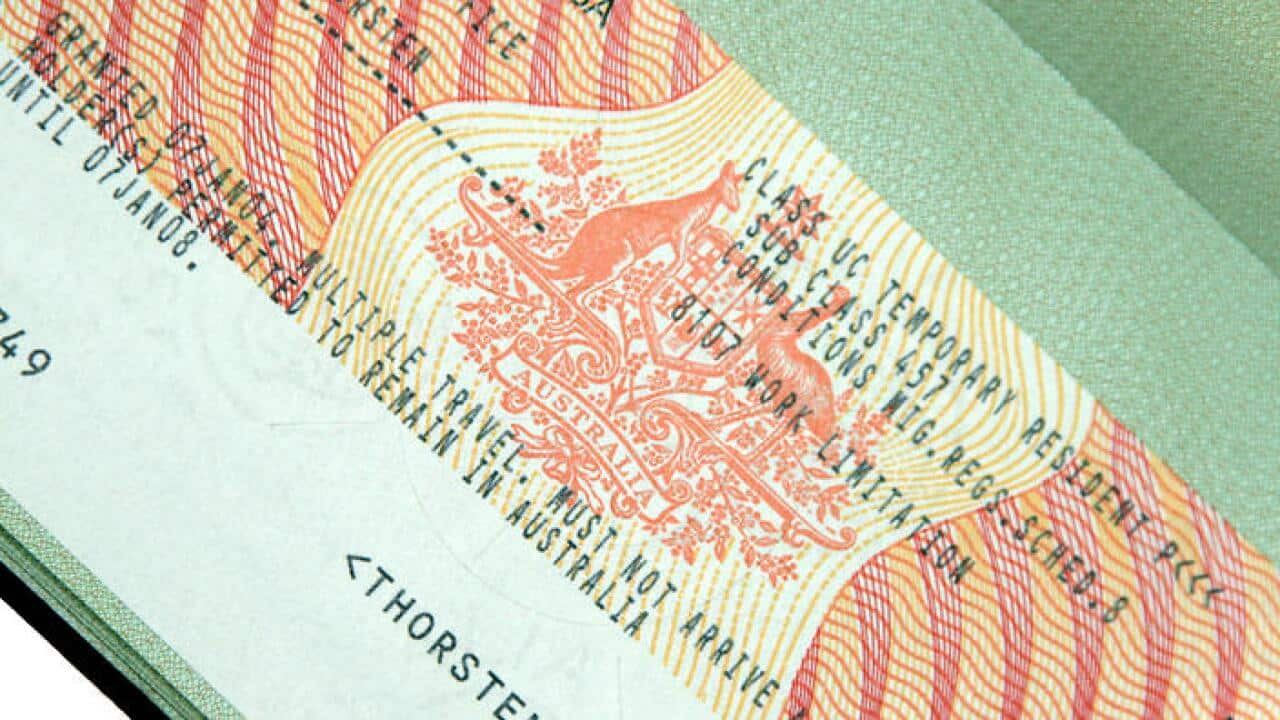Indian migrant Amandeep Virk is locked in a protracted dispute with an insurance company after it refused to pay her mother-in-law’s medical expenses of nearly $20,000. Ms Virk’s mother-in-law was visiting her when she suffered a heart attack in July this year and remained in a hospital for two weeks.
The insurance company cited pre-existing medical conditions for its decision not to pay the medical expenses.
In many such cases where the insurance refuses to foot the medical bill or where the patients do not have an insurance cover, medical expenses remain unpaid. The government says this has the cumulative effect of leaving substantial debts that burden the Australian public healthcare system.
But now, in case of failure to pay an outstanding healthcare debt, the Immigration Department will have the power to cancel the visa holder’s visa.
Under the new Migration Regulations coming into effect on 18 November, a new visa condition 8602 will be added to most temporary visas which provides that the visa holder “must not have an outstanding public health debt”.
The DIBP says it will help ensure temporary visa holders understand that Australia’s health system is not a free service and that they are liable to pay their debts.
The regulatory amendment to be introduced on 18 November will provide a capacity for state and territory health authorities to notify the Department when a temporary visa holder has an outstanding public health debt. If no arrangements are made to repay the outstanding debt, it will be a ground for considering cancelling that visa.
The department says the authority to cancel the visa would be discretionary and due consideration will be given to individual circumstances.
Ms Virk says her elderly mother-in-law may never need to visit Australia again, but hopes the new rules will not affect her family adversely.
“We are receiving reminders to clear the bills from the health authorities but it’s for the insurance to pay. Even the doctors opined it wasn’t pre-existing and still the insurance is refusing to budge,” she says. "I am hoping our circumstances will be taken into consideration."




